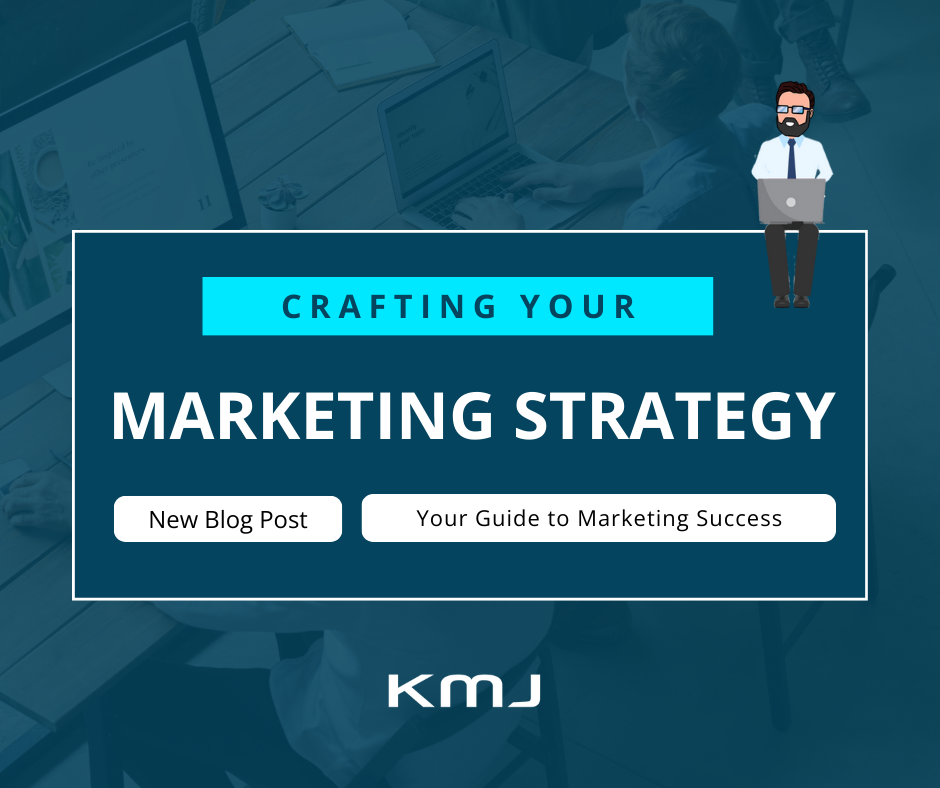You know you need a website to successfully market your business; but how do you know if you are paying too much or if the website and the work are going to flat-out reflect CHEAP? Buckle up for fun facts, straight-up advice, and the lowdown on all things websites.
- How Much Should Your Website Weigh? (No, Seriously, How Much?)
Ever wonder how much a website costs? Let’s ditch the confusion and break it down. Building your site can be anything from free (think lemonade stand vibes) to “wowza” expensive (think online mansion):
- DIY Dream (Budget-Friendly but Limited): Feeling adventurous? Free website builders like Wix and Squarespace let you create a basic site for zilch. But remember, with great freedom comes limited features (think roommates and endless chores). These platforms typically offer pre-designed templates and drag-and-drop editing, but customization can be restricted. Pricing for premium features on these platforms usually starts around $10-$20 per month, offering extras like custom domains and storage space.
- Freelancer Frenzy (Variable Costs, Variable Results): Found a coding whiz on Upwork or Fiverr? Hiring a freelancer can cost anywhere from a few hundred bucks to a few thousand dollars, depending on the complexity of your website and their experience. Think of it as getting a custom tattoo – cool and unique, but with a price tag. Here’s the catch, quality can vary greatly. Be sure to check portfolios and references, and communicate your vision clearly to avoid a website that makes you want to “ctrl+alt+delete” your web presence.
- Agency A-List – Want the red carpet treatment? Think of an agency as your website’s management. They bring a team of experts – designers, developers, strategists – to craft a knockout site. The downside? Agencies can be pricier, but hey,…you’ll be the Beyoncé of the web!
Bonus Tip: Before diving in, consider creating a website brief that outlines your goals, target audience, and desired features. This will help you compare quotes from freelancers or agencies and ensure they’re on the same page as you. Not all that glitters is gold and the same goes for web design. Here’s how to avoid falling victim to a website imposter:
- Shady Online Presence: Check the company’s website and social media. Does it look professional and up-to-date? Are there any glaring typos or grammatical errors? A legitimate company will take pride in its online presence.
- Unrealistic Promises: Be wary of web designers who guarantee “top search engine ranking” or “increased sales overnight.” SEO and online marketing are ongoing processes, and results take time.
- Pressure Tactics: A reputable web designer will work with your budget and timeline. If someone is pressuring you to sign a contract or pay upfront, it’s a major red flag.
- Portfolio Pitfalls: Ask to see a portfolio of the designer’s previous work. Does their style align with your vision? Are their websites functional and mobile-friendly?
- Vague Contracts: Before signing anything, get everything in writing. The contract should clearly outline the scope of work, timeline, deliverables, and payment schedule.
By being a Website Sherlock, you can avoid design disasters and find a web professional who will build a site that reflects your brand and helps you achieve your business goals.
The Takeaway:
The price depends on your goals. Need a simple portfolio with a contact form? DIY might work. Are you building a full-fledged e-commerce store with shopping carts and secure payment gateways? Call in the agency cavalry! And last but not least do your research on the company before you buy in. If all else fails, call KMJ.






